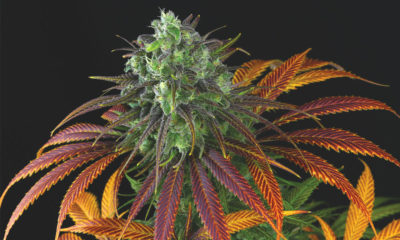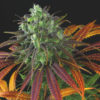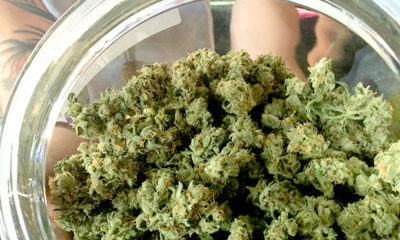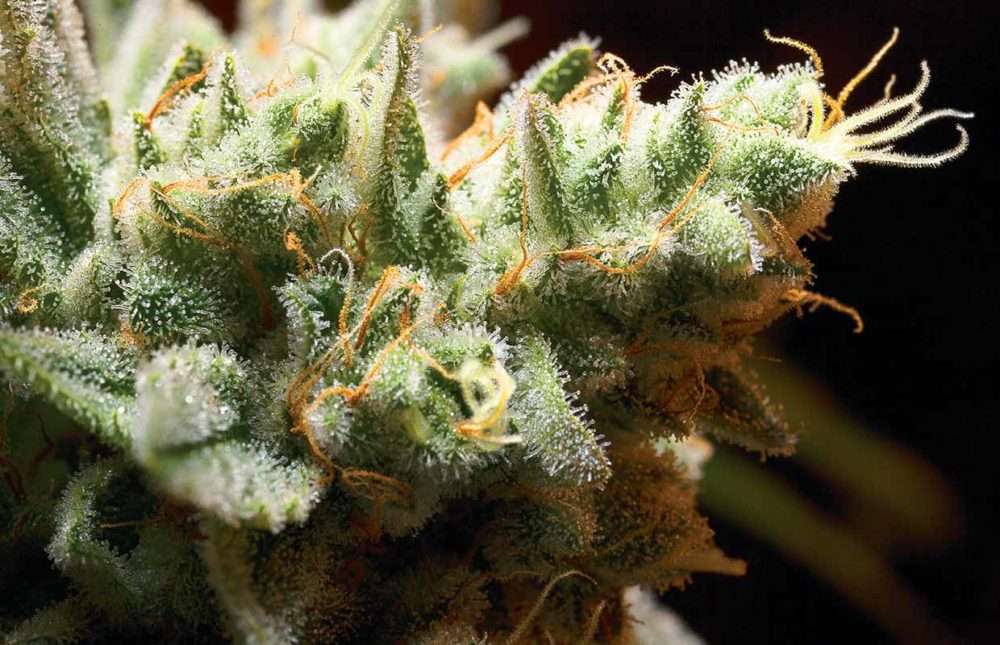
Medical
Cannabis & Migraines: New Research, Long History
A new study, which vindicates generations of anecdotal evidence in showing that cannabis can be a potent treatment for migraine headaches, has been released by the University of Colorado Anschutz Medical Campus.
This current study is the first clinical trial to examine the effects of medical cannabis on migraine headaches, but is far from the first time the subject has been researched.
Dr. Ethan Russo, a researcher associated with GW Pharmaceuticals, authored a literature review in 1998 which analyzed the history of cannabis’ use for treating headaches, going back to 1874, and found it to be quite effective. Dr. Russo followed up on his study with another in 2008, which specifically discussed THC’s role in suppressing the pain of migraine headaches. Both of Dr. Russo’s studies called attention to the lack of clinical research and heavy reliance on anecdotal evidence. A 2015 literature review by another researcher came to similar conclusions, including the need for more scientific research.
The current study looked at 121 adults with the diagnosis of migraine headache who were offered a choice between traditional migraine treatments, or medical cannabis, who all choose cannabis over pharmaceuticals. With this study size, there is a margin of error that is nearly 10 percent, which means that, while the study found positive effects in 39.7 percent of patients (48 people), due to the margin of error, it was actually between 29.7-49.7 percent. It will take another study with a larger sample size to better understand what the benefits are, which based off the positive results seems likely. In those patients who saw benefits, on average, the frequency of migraines was reduced from more than ten, to less than five, a month.
The study did a poor job tracking which specific treatments patients were using, such as whether they were using THC, CBD, or a combination of the two. This may be why the researchers concluded that, “prospective studies should be conducted to explore a cause-and-effect relationship and the use of different strains, formulations, and doses of marijuana to better understand the effects of medical marijuana on migraine headache treatment.” Laura Borgelt, an author of the study, commented in the press release, that “there was a substantial improvement for patients in their ability to function and feel better,” but “like any drug, marijuana has potential benefits and potential risks. It’s important for people to be aware that using medical marijuana can also have adverse effects.”
Only 11.6 percent of patients reported any negative effects, the most common were difficulty controlling the dose (2 patients, 1.7 percent) and drowsiness (2 patients, 1.7 percent), which were both due to edibles. Edibles generally caused more negative effects than all other forms of use, providing further proof that it is difficult to accurately dose with edibles. One limit of the study is that it only examined patients using cannabis by either smoking or eating edibles, it did not look at topicals, tinctures, trans-dermal patches, vaporization, or any other method of using cannabis.
Dr. Danielle Rhyne, another author of the study, speculated that the cause of migraines may be related to a clinical endocannabinoid deficiency, “I believe this finding helps support further research for the endocannabinoid system and a deficiency in that system, potentially resulting in cannabis offering benefits in patients with this deficiency.” These views make sense given the findings of a 2007 study which found the reduced production of the endocannabinoids anandamide and 2-AG had more instances of chronic migraines.
All things considered, cannabis appears to be an amazing treatment to both reduce the pain caused by migraines and to overall decrease their frequency. Hopefully the research community is ready to follow up on this preliminary trial with a bigger and better constructed study, until then it appears like THC-rich cannabis is the way to go.
Do you use cannabis to treat your migraines? Tell us about your experiences below.























